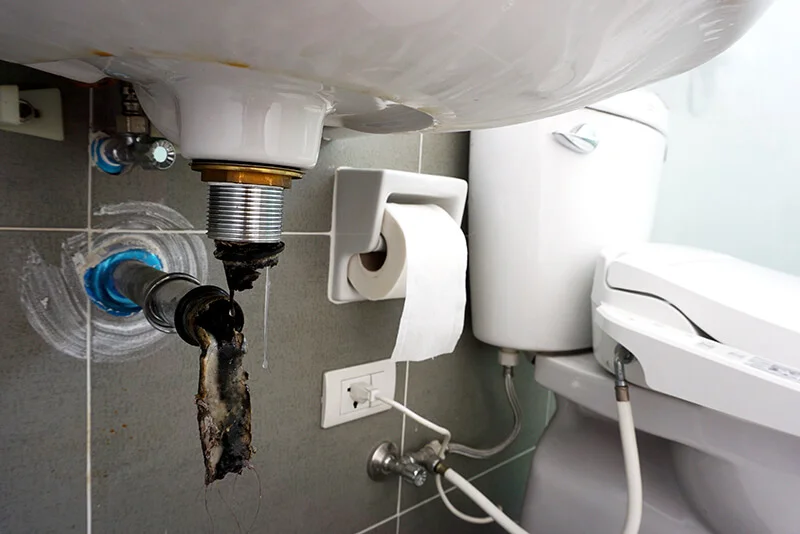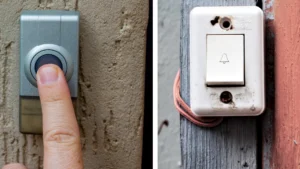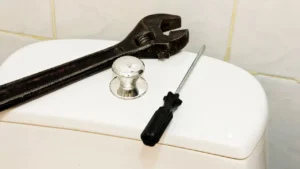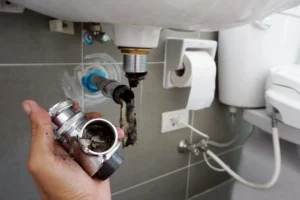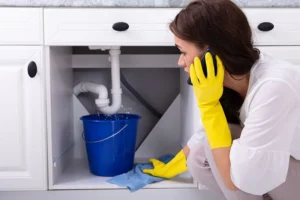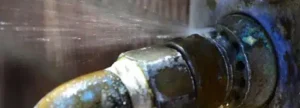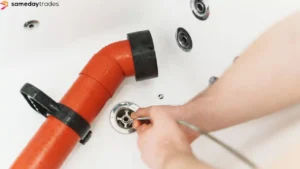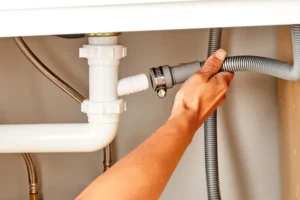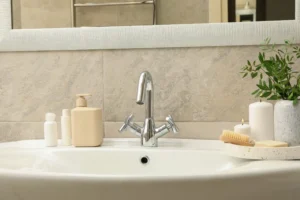If you’re fed up with the inconvenience of blocked drains, these tips are for you. In many cases, the right preventative measures can dramatically reduce the incidence of blocked drains, or even eliminate the problem completely. Drawing on their extensive experience in dealing with blocked and clogged drains, the team at Same Day Trades have put together thirteen things you can do that will help to keep your drainage system in pristine condition.
1. Invest in a grease trap.
If you tend to use significant quantities of oils or fats, it’s probably worth investing in a grease trap. A grease trap is a rectangular box that’s installed between your sink and the wastewater network. It’s designed to remove fats, grease and oils from the wastewater. This ensures that whatever water ends up going into your drainage system, it’s not going to deposit grease or fat.
2. Clear dead leaves from your drain grills.
Make sure that exterior drain grills are clear of leaves and twigs. If possible, a drain cover is a good investment, as it helps to keep stray bits of detritus from entering the drainage network.
3. Use a sink strainer.
Sink strainers are small sieves that sit over a sink plughole. They collect small particles of food, hair and other debris, preventing them from reaching the drain pipe. It’s also possible to get similar strainers for the bath and the shower.
4. Don’t tip paint or chemicals down the drain.
It’s common sense not to tip chemicals, oil, or similar liquids down the drain, but many people still do. Many common household products will solidify in the drain, creating a stubborn blockage that can be extremely difficult to remove.
5. Be careful what goes down the toilet.
Make sure that everyone in the household is aware of the “3ps” (paper, poo and pee) rule when it comes to what should go down the toilet. Install a bathroom bin so that users have a convenient way of disposing of toothpicks, dental floss, cotton wool, feminine hygiene products, wipes and similar waste.
6. Regularly remove hair from plug holes.
Hair is a leading cause of blockages. Make sure excess hair is removed from the shower and bath drainage holes daily. Many people choose to brush their hair before having a shower, to remove any loose hairs.
7. Investigate the early signs of a blockage promptly.
If the water in your sink is emptying slowly, you smell an unpleasant odour or there are strange noises coming from your pipework, it’s worth getting professional assistance early. This reduces the chances of total blockage.
8. Have your drainage pipes inspected periodically.
Inspections every five years or so using a cable-mounted CCTV camera can detect early signs of pipe deterioration and/or incursion by roots – both key causes of blockages.
9. Clean out the U-bend (P-trap) of your sinks and basins.
These can be easily unscrewed and hosed through to remove any build-up that’s settled at the bottom of the U-shaped connection under a sink or basin.
10. Dispose of waste food and waste oil responsibly.
A build-up of waste food or a fat ‘berg created by discarded fat and oil are two of the most common causes of a clogged drain. Simple measures, such as ensuring plates and pans are scraped clear of food before they’re washed and ensuring that tea leaves or coffee grounds are composted rather than chucked down the sink, minimize the risk of food waste or fat accumulation developing.
11. Supervise younger children around sinks, toilets, and baths.
From toys to an entire toilet roll, soap, cutlery, or anything else they can get their hands on, unattended younger children can and will attempt to flush all sorts of unsuitable items down the toilet. Adequate supervision, as well as ensuring that everyone in the family is clear on the “3ps” rule, will reduce the likelihood of requiring emergency plumber assistance to clear a blockage caused by a plastic dinosaur or similar.
12. Complete any remedial work that’s needed on your drains promptly.
Uneven chipped or cracked surfaces on the inside of your drain pipes provide an opportunity for waste materials to settle out (because the velocity of the water is reduced as it travels over rough surfaces). Over time, this can cause a build-up that leads to a blockage. If your pipes have any problems, we recommend prompt remedial work to resolve the issue.
13. Ensure that your plumbing work is carried out by a suitable professional.
Poor quality work on drains, pipework and sanitaryware can all too easily result in clogged drains. Avoid this problem by always using a suitably qualified and experienced professional.
The team at Same Day Trades, for example, are all seasoned plumbers with the right skills and tools to complete all your plumbing work to an exceptionally high standard.

